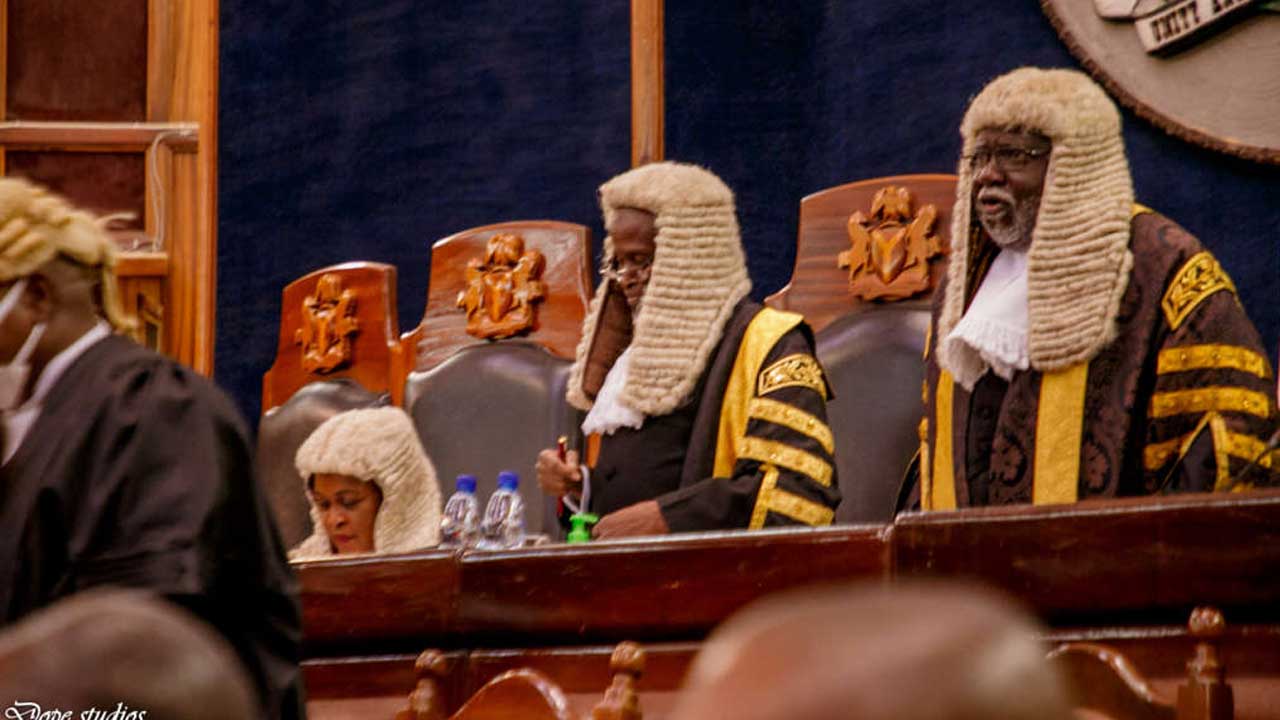
The point when the chairman of the Independent Corrupt Practices Commission, ICPC, declared the judiciary the most corrupt in terms of the incredible amount of bribes offered to judges handling political and electoral cases was the needed cue to “shut down” the entire system and demand surgical reforms.
As Justice Samson Uwaifo, a retired Justice of the Supreme Court puts it, a corrupt judge is more harmful than a man who runs amok wielding a dagger in a crowded street. While the man can be physically restrained, the corrupt Judge deliberately destroys the foundation of society.
With little attention paid to the continuous impropriety of some judges, curiously, the Attorney General of the Federation, AGF, and Minister of Justice, Prince Lateef Fagbemi, admonishes politicians to restraint from casting aspersions on the integrity of the judiciary but plays blind to the reality that it takes two to play the game of corruption. Interestingly, we have seen sparks here and there of retired Supreme Court Justices coming out to have frank conversations and attempt some house cleaning, but only at their valedictory services because they were to be seen and not heard while in service.
The confines of the courtrooms are a sanctuary with one god or a collection of gods called the Magistrates, Judges or Justices, depending on the tiers of the court in question. The Judge, or whatever is applicable, holds the key to life or death, and a stroke of the gavel could take the rights and privileges of any individual irrespective of class, influence or status, and everyone standing before an impartial Judge prays to higher gods for help, especially if one has a bad case. So, the verdict of a judge could either make or mar anyone depending on the body of evidence before his lordship – so we think!
While subjecting evidence to the sanctity of the laws or constitution, the interpretive latitude and prerogatives of the judges cannot be discountenanced, and the possibilities for human frailties or induced miscarriage of justice, yet the judgement of any sitting judge is final and binding without any liability on the Judge.
The appellate court’s judgement in the matter between the sitting governor of Kano State, Abba Kabir Yusuf of the NNPP and his rival, Nasir Yusuf Gawuna of the APC, is making what looks like a cracked judiciary, broken and derailed in the eyes of Nigerians, and the facts of the matter about some critical contents of the CTC copy being in dissonance with the verdict at the court during judgement, is lavishly discussed in the public courts. Indeed, these are strange times for the judiciary, and it staggers the very foundation of the entire judicial system, given the allegedly questionable verdicts emanating from the court in this electoral circle.
Dave Baro-Thomas.






